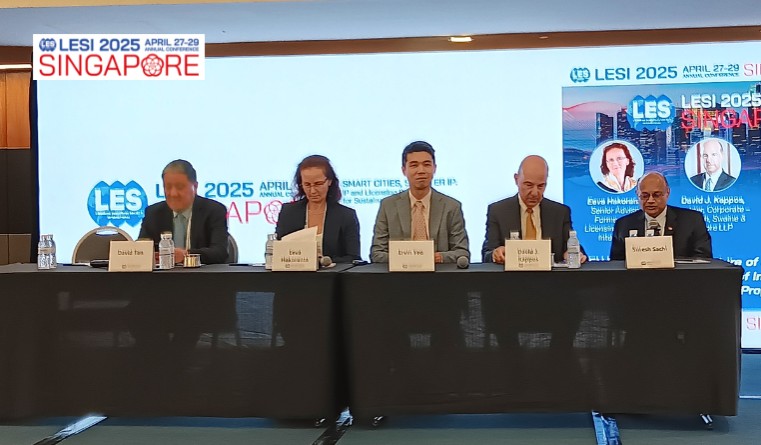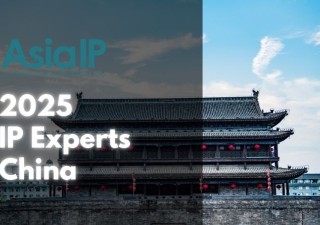LESI 2025: Smart cities are all about the present and the future
28 April 2025

Smart cities raise new questions about control, reuse and vendor lock-in. With the advancements in technology, they rely on a vast number of data exchanges across various sectors, including mobility, utilities and public safety.
During the Licensing Executive Society International (LESI) 2025 Annual Conference held at Suntec Convention and Exhibition Centre in Singapore, David Kappos, a partner and co-chair of the intellectual property practice at Cravath, Swaine & Moore in New York, enumerated the multifaceted challenges that smart cities often face – and detailed some critical considerations for navigating the complex IP landscape and innovation within these urban environments.
“Smart cities are all about a thing of the present and future, legal infrastructure and good governance,” he said, drawing upon his extensive experience in IP law and policy. “It is about collecting data, and who gets what rights in that data.”
Singapore, for instance, started branding itself as a smart nation many years ago, but it was only last year that Singapore relaunched itself as a Smart Nation 2.0. This included three key pillars at its helm: "A smart nation that we can trust; a smart nation that helps us grow; and a smart nation that keeps us together."
David Tan, assistant CEO of JTC Corporation, a Singapore government agency championing sustainable industrial development in Singapore, emphasized a smart city should be taken in its whole life cycle and not just through its operations. “Here, in Singapore, we build smart and sustainable estates by connecting all stages in this life cycle, such as data analysis and digital tracking,” he said. “We see it as a whole value chain not just through its operations but its whole life cycle – planning, design, construction, maintenance that leads to enhancing the quality of life and improving user experience.”
This was echoed by Eeva Hakoranta, a senior advisor at InterDigital, an American technology research company that provides wireless and video technologies. She said: “Smart cities are built on global standards innovation where industries come together to contribute to build global inoperability systems that all can benefit from. These standards create a platform for further innovation such as the smart cities, and enables more innovation.”
Hakoranta added that, in her view, cellular standards are the most successful contribution to mankind. “We should not forget that and make sure that this innovation continues and allow everything else for more innovation in order to keep these standards going,” she said. “We also need to build trust with empathy. Without empathy, there is no trust. AI has no empathy. I personally would not have wanted AI to solve disputes without showing any empathy. Let us all work together.”
- Excel V. Dyquiangco, reporting from Singapore






